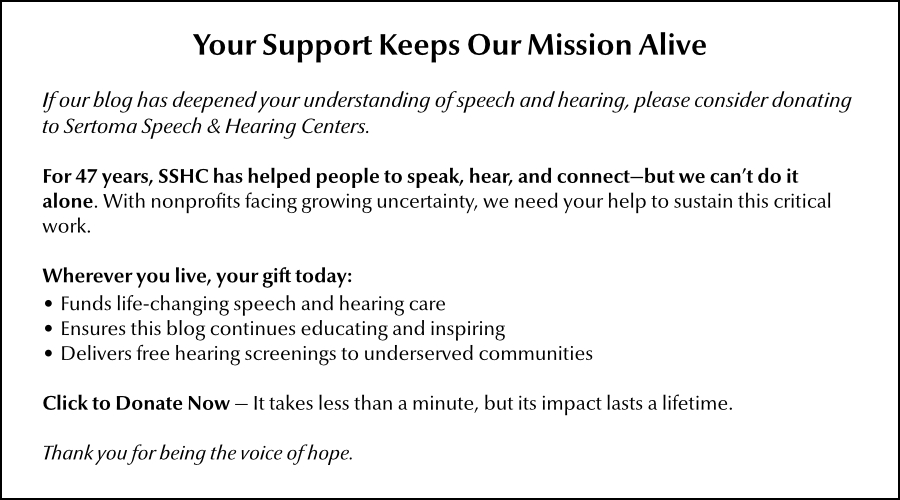When words become a labyrinth, each syllable a potential trap, speaking changes from a simple act to an intricate navigation. For generations, people who stutter have been told their challenges stem from nervousness, childhood trauma, or personal weakness. But a groundbreaking study has just revealed something profound: this speech disorder is written not in personal failure, but in the complex language of our genes.
Researchers at Vanderbilt University Medical Center analyzed DNA from more than a million people to reveal how our genes influence this condition that affects over 400 million individuals worldwide. Stuttering is the world's most common speech disorder.
Why it matters
Stuttering isn't caused by personal failings, childhood trauma, or overbearing parents, as many have believed for centuries. It's biological.
This discovery helps replace harmful misconceptions with scientific understanding, potentially reducing the stigma that affects educational, employment, and social opportunities for people who stutter.
— “There have been hundreds of years of misconceptions about what causes stuttering — from ideas about left-handedness to childhood trauma to overbearing mothers. Rather than being caused by personal or familial failings or intelligence, our study shows that stuttering is influenced by our genes.” —lead author, Jennifer Below, PhD, director of the Vanderbilt Genetics Institute and professor of Medicine at Vanderbilt University Medical Center.
About stuttering
- Most common fluency disorder affecting more than 400 million people worldwide
- Characterized by syllable and word repetitions, sound prolongations, and breaks between words
- Developmental stuttering typically onset in children between the ages 2-5
- About 80% of children spontaneously recover with or without speech therapy
- At onset, it affects equal numbers of males and females
- More common in adolescent and adult males (4-1 ratio) due to differences in spontaneous recovery rates
 Jennifer Below, PhD, director of the Vanderbilt Genetics Institute and professor of Medicine at Vanderbilt University Medical Center.
Jennifer Below, PhD, director of the Vanderbilt Genetics Institute and professor of Medicine at Vanderbilt University Medical Center.
“No one really understands why someone stutters; it has been a complete mystery. And that’s true for most speech and language pathologies. They are profoundly understudied because they don’t put people in the hospital, but they can have enormous consequences on people’s quality of life. We need to understand risk factors for speech and language traits so that we can identify kids early and get appropriate care for those that want it.” —Dr. Jennifer Below
By the numbers
The study analyzed data from 99,776 people who stutter and 1,023,243 controls, making it the largest genetic analysis of stuttering to date.
- Researchers identified 57 DNA regions that mapped to 48 genes associated with stuttering risk.
- The condition affects males and females equally at onset (ages 2-5), but becomes four times more common in adult males due to differences in recovery rates.
The big picture
The research uncovered shared genetic architecture between stuttering and other neurological traits, including autism, depression, and, surprisingly, musicality. This finding suggests that the brain pathways for speech, language, and musical ability may be interconnected genetically.
What to know
About 80% of children who stutter recover spontaneously, whether or not they receive therapy.
- The genetic markers differ between males and females, which may be related to persistent versus recovered stuttering.
- The top gene associated with stuttering in males was VRK2, which is also linked to beat synchronization and language decline in Alzheimer's patients.
Reality check
Stuttering harms quality of life: bullying, lost job chances, and mental health struggles persist. Blaming families or patients only deepens this burden.
The bottom line
The 48 genes the researchers identified overlap with autism, depression, and metabolic traits—showing that stuttering is a complex neurobiological condition, not a personal failing.
What’s next
The researchers at Vanderbilt aim to:
- Investigate why recovery differs by sex.
- Develop earlier diagnostics and targeted therapies.
- Use science to end stigma.
"Our work dispels centuries of misconceptions." —Dr. Jennifer Below


